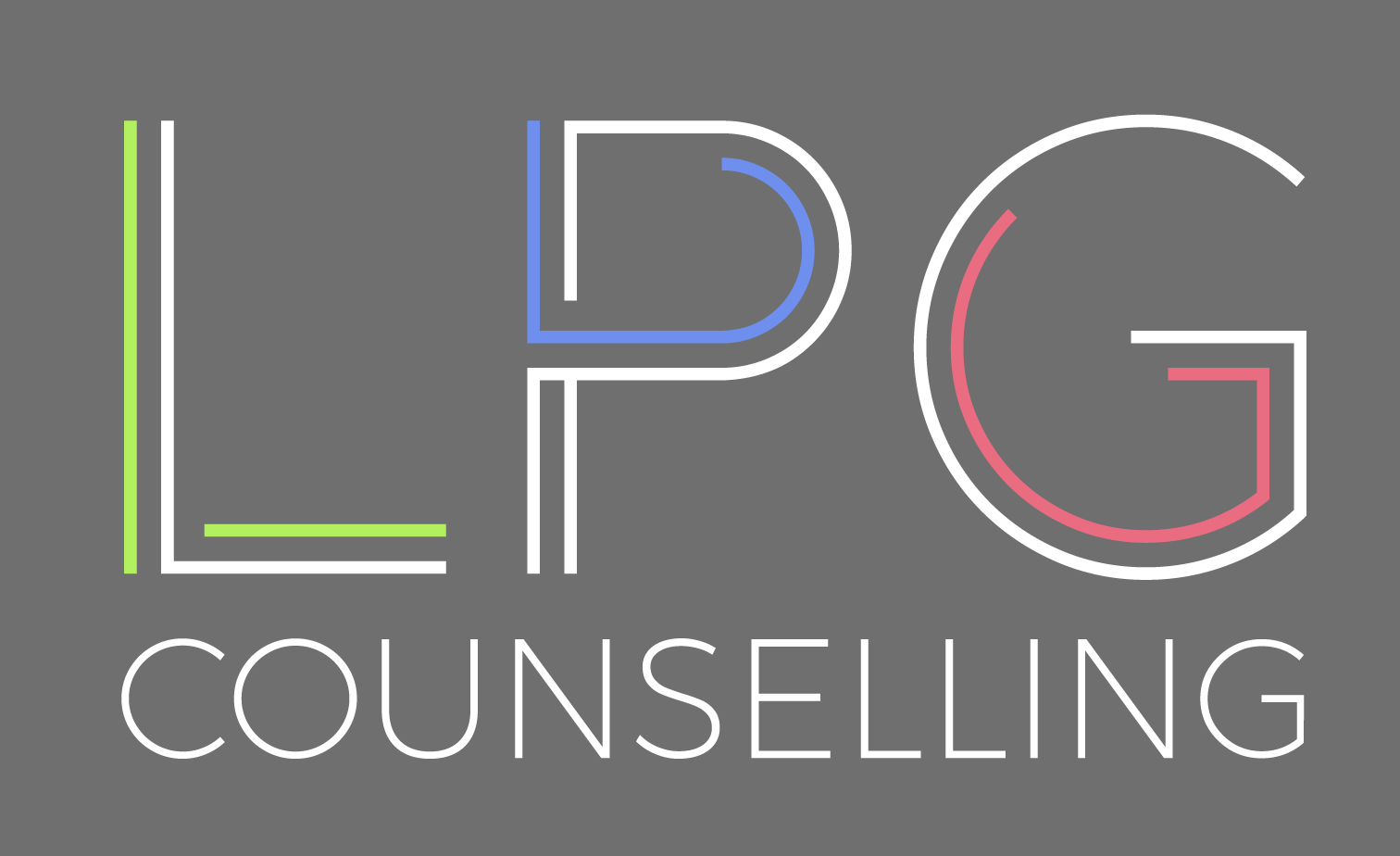The Problem with Privilege
Ever wondered why bringing up the subject of privilege seems to be the quickest way to raise a person’s defences, or start an argument? The thing about privilege is it is largely unseen and because of that it makes it ripe for misunderstanding. So, let us explore its meaning and examine why we have such a problem with privilege.
Privilege is the term used to describe the advantages an individual or group, within society, benefit from without having earned them (i.e., you were born with it or inherited it). It seems to be a common misconception to confuse privilege with “being privileged”. The latter is specifically referring to the type of privilege experienced due to wealth and is probably the most recognised form of privilege and has remained the dominant representation up until the latter half of this century. We are now aware that even if someone is wealthy, they can be under-privileged, or disadvantaged, in many other areas of their life. Our skin colour, citizenship status, educational opportunities, geographical location, sexuality, gender identity, able-bodiedness, religious beliefs, relationship dynamics, social class, genetic make-up, blood type (the list is exhaustive!) are examples of the areas we experience different degrees of privilege which ultimately impact upon how much power we have in our lives.
The problem with privilege lies in the process of bringing it into our awareness and how uncomfortable that experience can be. It is a process that brings us face to face with how much, or how little, power we have in our own lives. And because of this painful awareness our instinct is to try to distance ourselves from; or distort our awareness. An example of this distortion is when you may have heard someone saying “I got to this position in my life by myself: anyone can be successful if they just work hard”. Fundamentally this is distorted because it contributes their success to the sole factor of working hard and dismisses the other complex factors that enabled them to work hard (e.g., a good education; citizenship; having a supportive family).
In the counselling room, I am encountering more people actively acknowledging their own privilege. Just as it is for many of my clients, becoming aware of my own privilege was an uncomfortable experience (and can still be!). From my own experience I remember feeling a great sense of shame and powerlessness. Ijeoma Oluo, author of the book “So You Want to Talk About Race”, helped me understand these feelings were coming from the fact that “I’m seeing where my privilege intersects with somebody else’s oppression”.
Privilege is complex. From my own experience I can see how I’ve benefited from free education, being white and able-bodied but I have also experienced hardships because I refused to conform to gender norms, identified as gay and grew up in working class communities. As difficult as it is, becoming aware of my privilege has opened my eyes and allowed me to see a fuller picture of myself. I am aware that I still have my blind spots and this is why I will never stop asking “what would my life look like if my [insert privilege here] was taken away?” This is an active and lifelong process because age brings with it many privileges and no one is immune to getting older.
Inherently, we don’t want to give up or share our privilege because we understand that this could threaten the power and comfort we have in our lives. However, having privilege but being unaware of it is problematic as it fundamentally prevents us from empathising with those who do not have it which in turn will make you more prone to being judgemental of others because you simply have not experienced life, and it’s hardships, without it. By failing to become aware of your privilege you are perpetuating inequality within society: not only is that pill bitter it’s uncomfortable to swallow!
The message I want to convey is simple: acknowledging your privilege is a difficult and painful process (it’s supposed to be!); be kind to yourself; and take solace that by staying with the process you will , to quote Ijeoma Oluo, “find opportunities to make real change”.
by Gavin McDonald

